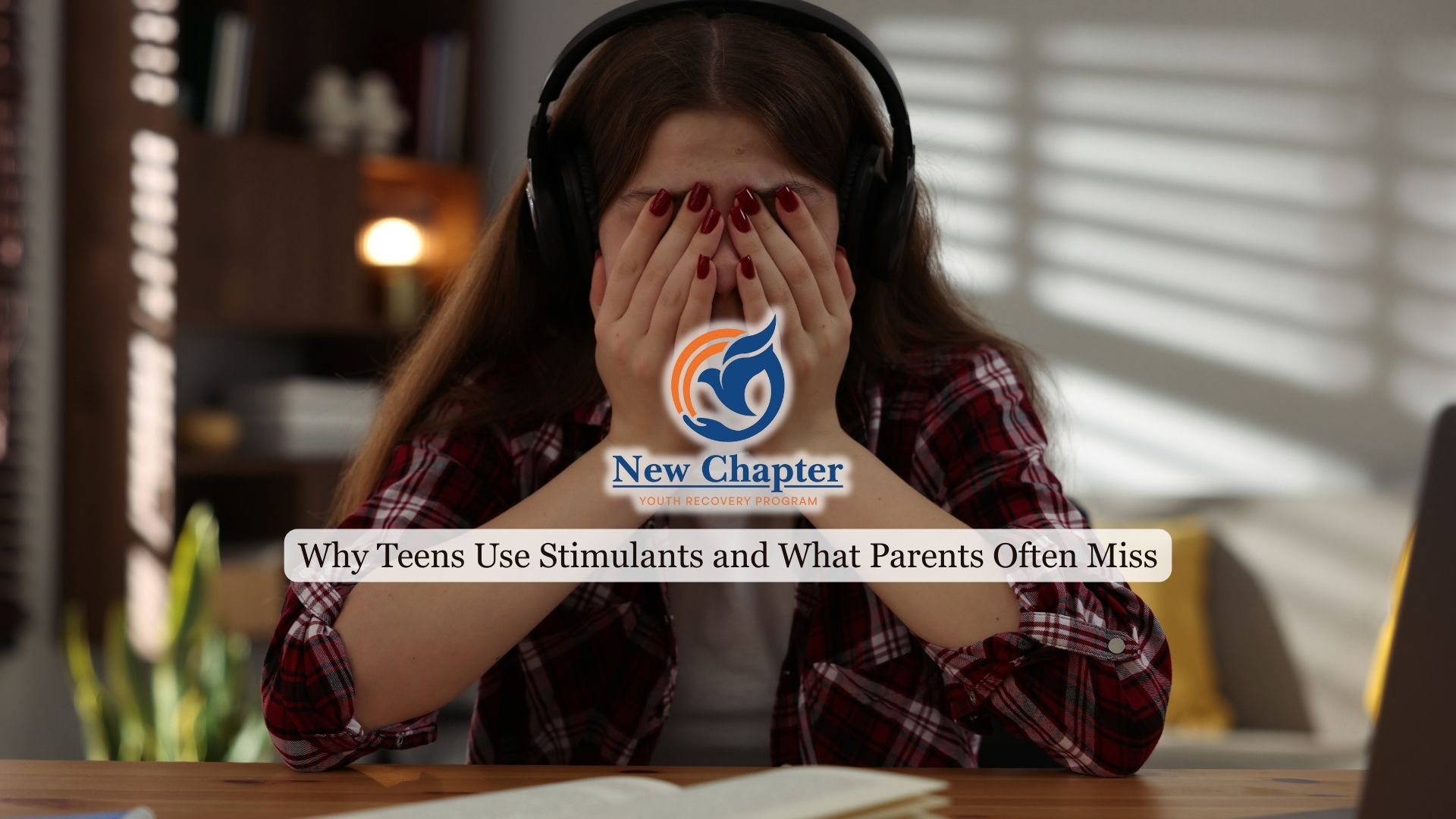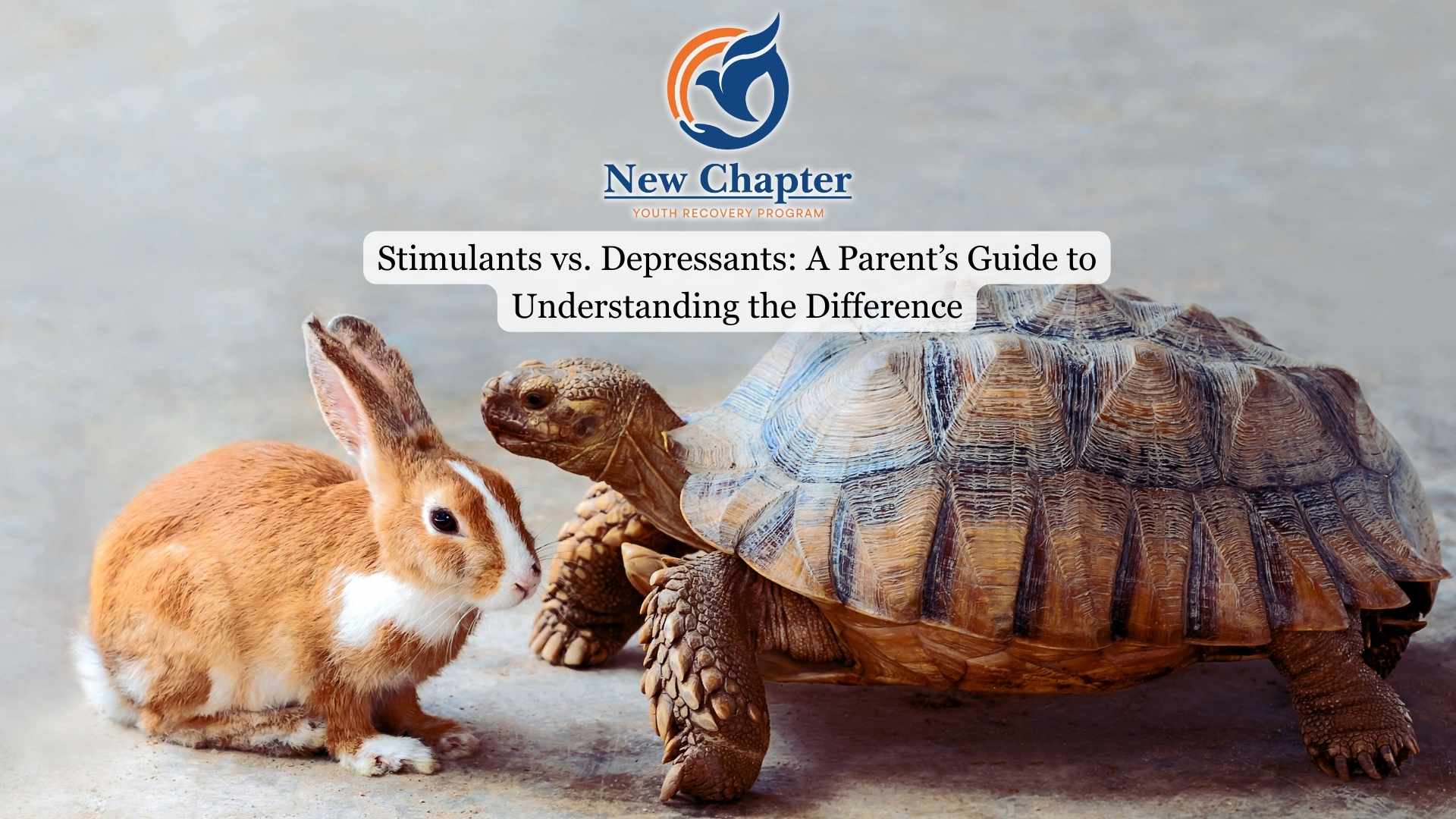Trauma can have a profound effect on teenagers, shaping their emotions, behaviors, and even physical health. It can stem from many experiences, including abuse, neglect, accidents, natural disasters, or witnessing violence. Because teens are still developing emotionally and neurologically, untreated trauma can disrupt their growth, harm relationships, and increase the risk of mental health concerns.
Recognizing emotional scars is crucial for parents, caregivers, and educators so teens can get the support they need before problems escalate. This article details the indications that your adolescent child is suffering from this ordeal.

Childhood Trauma and Its Long-Term Impact
Many teens who struggle with trauma symptoms have a history of adverse childhood experiences (ACEs), such as physical abuse, emotional neglect, parental substance use, or household instability. These early experiences can alter the way a child’s brain develops, making them more sensitive to stress and more likely to struggle with emotional regulation later in life.
Research shows that unresolved childhood trauma increases the risk of substance abuse, anxiety, depression, and post-traumatic stress disorder (PTSD) in adolescence. It can also impact how teens view themselves and others, leading to trust issues, low self-esteem, and difficulty forming healthy relationships.
Understanding the effects of adverse experiences is important because it helps parents and caregivers respond with empathy rather than frustration. Recognizing that troubling behaviors may be rooted in past pain, not just “typical teenage rebellion,” can guide families toward appropriate, trauma-informed support.
Emotional and Behavioral Signs
One of the biggest red flags is a change in a teen’s mood and behavior. They may experience intense and unpredictable mood swings, shifting quickly from calm to irritable, angry, or tearful. Persistent anxiety or fearfulness is also common, often paired with hypervigilance, constantly being on guard as though danger is near. Others may sink into depression, feeling hopeless, tired, or detached from activities they once enjoyed.
Some teens react outwardly, becoming more argumentative or easily frustrated by small inconveniences. Others turn inward, withdrawing from friends, family, and social activities. Changes in sleep, such as frequent nightmares, trouble falling asleep, or dozing off excessively, are another red flag that something deeper might be happening.
Physical and Cognitive Signs
Aside from affecting emotions, this can also manifest physically. Some teens experience frequent headaches, stomachaches, or other unexplained aches that aren’t linked to a medical condition. Appetite changes, such as overeating, undereating, or skipping meals, are also common.
Cognitive changes can be just as disruptive as a teenage child who once excelled in school may suddenly struggle to focus, forget assignments, or find it hard to stay organized. They may also become easily startled by loud noises or sudden movements, a sign that their nervous system is in a heightened state of alert.
Changes in Academic and Social Functioning
School and social life may suffer as an untoward incident may affect a child’s sense of safety and ability to trust others. Grades might decline, and a teen may avoid participating in activities they used to enjoy. Some teenagers try to cope through risky behaviors such as substance use, self-harm, or reckless decision-making.

Relationships can become strained as well. An adolescent may have difficulty communicating feelings, lash out at family members, or withdraw from their peer group. These social shifts often signal that the teen is struggling internally and may need additional support.
Delayed or Hidden Symptoms
In some cases, signs don’t appear right away. Symptoms can surface months later, long after the traumatic event. A teen might frequently bring up the ordeal in conversation or, conversely, refuse to talk about it at all. They might develop excessive fears about safety, become preoccupied with death, or refuse to attend school or engage in familiar routines.
It’s important for parents and caregivers to remain attentive to gradual changes in mood, habits, or personality, even long after a stressful event has passed, as delayed warning signs can be subtle.
When to Seek Professional Help
If a teen’s symptoms interfere with daily functioning, persist for several weeks, or involve self-harm, substance use, or extreme withdrawal into oneself, professional help is recommended. Therapists can help teens process their experiences in a safe, supportive environment using evidence-based approaches like cognitive behavioral therapy (CBT) or eye movement desensitization and reprocessing (EMDR).
Parents and caregivers can also benefit from guidance on supporting their teen, managing their own stress, and creating a stable, nurturing environment at home. Early intervention greatly improves long-term outcomes, reducing the risk of chronic substance use disorders and mental health conditions and helping teens develop healthy coping skills.
Final Thoughts from New Chapter Youth Recovery
Early signs of trauma in teens can appear in their emotions, behaviors, physical health, academics, and social relationships. Paying attention to these changes allows parents and caregivers to respond with compassion rather than frustration. Seeking professional help early is not a sign of weakness. It’s a crucial step toward helping teens heal, regain a sense of safety, and build long-term resilience.
At New Chapter Youth Program, we offer trauma-informed care designed to help young people regain stability and confidence. Our team equips teens with the tools and support they need to process their experiences, improve their mental health, and thrive in every area of their lives.






